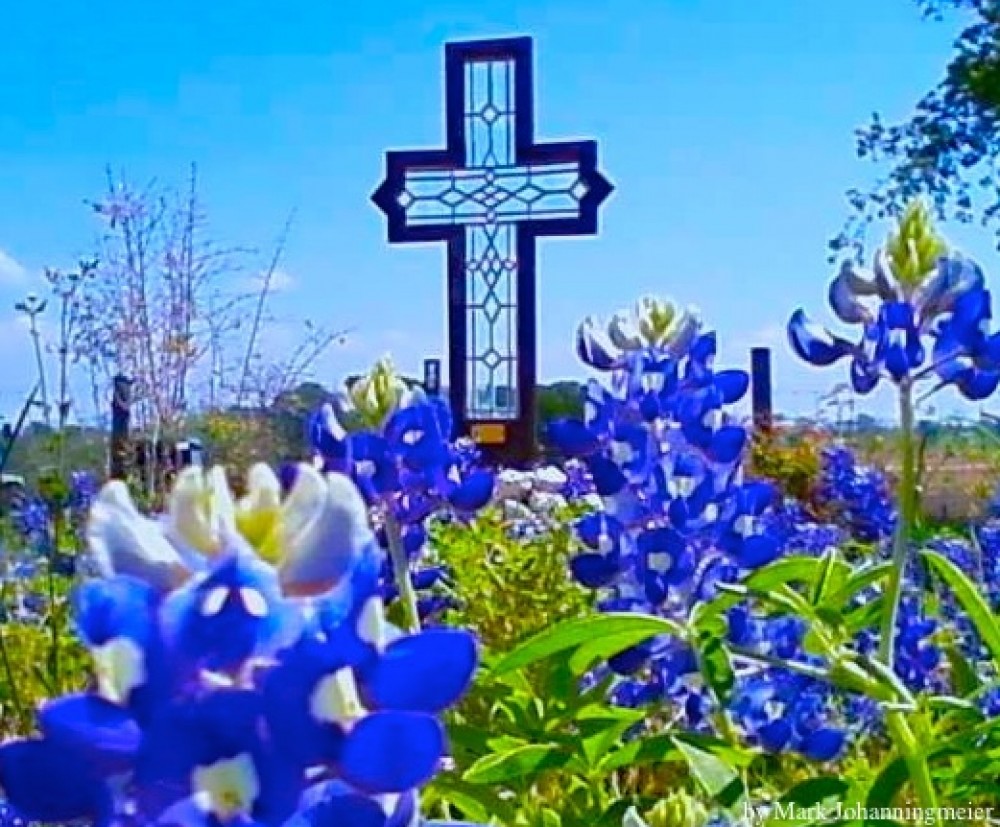This Bible 911 from Jeremiah is part of a series of “declares or says the Lord” statements. Judah has turned from God, and they refuse to repent. Jeremiah’s writings can be complex, and they are not in a nice linear format. I wonder how much editing Jeremiah and Baruch did in joining these words into the powerful message they are. We are not sure when this verse was written, but you would hope it is after Josiah and his work to bring Judah back to the Lord. The message however is clear, God is going to hold the people of Israel accountable for not following Him. King Manasseh (2 Chronicles 33) is a key player in this apostasy and judgment.
Jeremiah, Daniel, and Ezekiel are alive and active at this time in history. If you take all of their 9:11s, they make an interesting statement about Jerusalem and Judah (they were written at very different times). Each of these prophets had their own area of ministry, but all were used by God during a dark period of time for Judah and Jerusalem.
Chapter 9:7 starts with a “This is what Hashem Tzva’os says”. This phrase is found in verses 15 and 17 also. A good translation of this is “Lord of Host or Armies”. For a Jewish perspective on this title, please see Tzeva-ot: Master of Legions – Chabad.org or The Name of G-d – Judaism 101 (JewFAQ) I believe that this term sets the tone for how serious the Father is about the problem, He is ready to lead His armies into battle. The section I will focus on is verses 7 to 16.
Verse 7 – This verse is in harmony with 6:27-30 where Jeremiah is appointed a tester of people as if they are metals. The refining has to be done before you can test most metals. That is and has been God’s focus, the test is to show how much you have moved forward and to remind you that you’re not done yet. The curriculum for this test is God’s righteousness. The Spirit uses grace to construct the lesson plans, please refrain from adding impossible additions that detract from the real learning.
Verses 8 and 9 – The tongue is the problem and how we treat each other. From the Ten Commandments, numbers 5-10 are the Old Testament standard. Jesus simplified these with the statement “Love your neighbor as yourself”. Please, go back and read the chapters leading to this point. God is making His case and He is not happy. 9:4-6 is an interesting play on words with the name Jacob (deceiver) and how they treat each other.
Verse 10 – God is attached to His Land. This land is important to Him. He is upset at how His land has been treated and defiled, which is the bases for the seventy years of exile. I do not fully understand this, but what else is new? Here are some examples of why I say this:
- Melchizedek is serving as His High Priest in Salem.
- Terah was sent there but he did not go.
- Abram went by faith and the land was given to his descendants. He even left and returned.
- Jacob came back twice. Once after he was dead.
- Joseph was brought there twice.
- God ruined Egypt to get His people back to that land. 2:7, 3:2,
- I believe but cannot prove that is where the Garden of Eden was.
Jeremiah 9:11 And I will make Jerusalem heaps, and a den of dragons; and I will make the cities of Judah desolate, without an inhabitant. (KJV) Okay, verses 10 and 11 should be one paragraph. Heaps and dragons are better translated in non-KJV translations. This verse is very clear as to what will happen when God gives His land the respect it was deprived of.
Chapters 2-8 were written early in Jeremiah’s ministry and does mention Josiah. It must have been tough for this young prophet because some of his messages were against his family. The destruction and judgments stay consistent in these words. Even in the midst of these proclamations, there are words of hope-3:14, 4:1.
Verse 12 seems to be Jeremiah asking a question of God about the land. This FYI is free of charge, the word land appears in Jeremiah more than any other Book in the Bible. Not all of these references are about Israel. I compared several major translations, and it was the same in all of them. Process that how you will, I just found it interesting.
Verses 13-16 is God responding to that question. These verses echo Deuteronomy 27-30. Verses 13+14 reminds me of the free-will that Adam and Eve had in the Garden, and they chose the wrong tree to eat from. The people of Israel did not obey the Word of the Lord and did what they wanted to do. Verses 15+16 has the Leader of the Army giving poison water and bad food to the nation as He purses them with the sword.
Thoughts on Jeremiah 911
- The title and office and ministry of a prophet is a solemn calling and should not be claimed lightly. Ezekiel, Daniel, and Jeremiah paid a high price but were used by God in a very dark period in the history of Jerusalem.
- There are many historical connections in Chapters 1-9.
- God’s plan has never changed, He desires a people who want to fellowship with Him. There were bright spots but Israel repeatedly chose the Tree of Knowledge over the Tree of Life.

